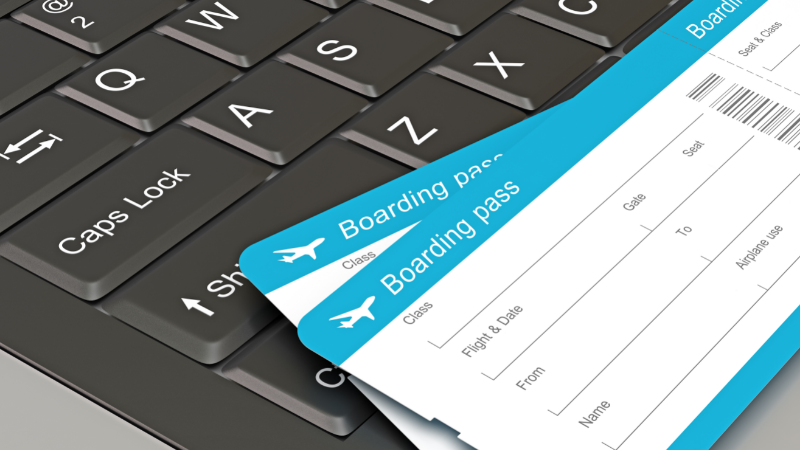When is Travel Insurance NOT Necessary?
Some trips need travel insurance, and some don’t. Find out how to decide here.
10 May 2011
You do not need travel insurance for every trip. Yes…that’s right.
There are cases where insurance is not necessary. In these cases, buying insurance is a waste of money.
Remember, the decision to buy travel insurance comes down to two major factors. The two factors to help you decide if you need it are:
Money: Are you worried about losing money? For example: because of a canceled trip, interrupted trip, lost bags, delayed trip, or medical emergency costs?
Medical: Are you traveling outside your home country? If you are, your insurance from home might not cover you.
With these concerns in mind, let’s look at cases where you do not need travel insurance.
Here are 3 situations when travel insurance isn’t necessary
1. Last-minute domestic trips
Imagine you decide to visit a friend in Florida in a few weeks, so you jump online and find a super-saver last minute fare for $89.
That’s not much money at risk.
If you are taking a last-minute trip in the U.S. you probably don’t need travel insurance.
Since you have not pre-paid any expensive non-refundable trip costs, you are not concerned with trip cancellation or interruption coverage.
And since you are within the U.S., your health insurance plan will cover you for any emergency medical situations.
Buying travel insurance would give you coverage for lost baggage and travel delays, but this coverage alone might not be worth the cost.

2. Cheap domestic trips
If you get a discount $129 round trip flight and you’re staying with family members, you don’t have much money at risk.
Travel insurance is smart when your pre-paid and non-refundable expenses are more than you are willing to lose.
Imagine investing in a cruise package for $4,000, or a safari for $12,000, or even airfare for your family of six for $2,800.
Any of those losses would hurt if you needed to cancel.
In the case you’re only at risk of losing $129. Maybe not worth it.
Again, you are missing out on coverage for baggage and delays, but these coverages alone might not be worth it.
3. If you can afford to lose your pre-paid trip expenses
If you can afford to lose the money, skip the insurance.
Travel insurance is best when your pre-paid and non-refundable expenses are more than you are willing to lose.
If you only have a few hundred dollars at risk, you can afford to “self-insure” this risk.
This is called self insuring because you are taking on the risk of loss instead of passing the risk to the insurance company.
When is travel insurance necessary?
First, get insurance if you are leaving your home country. In this case you should always have emergency medical and evacuation coverage.
This is a no-brainer.
Forget cancelled trips for now. If you leave your home country you at least need to make sure you are covered for a medical emergency.
All comprehensive plans include emergency medical coverage. You can also buy a standalone travel medical insurance policy, which does not have cancellation coverage.
When you leave your home country, your health insurance may or may not travel with you. When you are travel abroad, get a travel medical plan or vacation plan that includes medical emergencies.
Second, get insurance if you are worried about losing money if you need to cancel your trip.
Imagine you book a cruise and airfare. You pre-pay…and it is non-refundable.
Then, a week before you’re supposed to leave you get sick.
Or your child gets sick.
Or your elderly parent dies.
Or a hurricane happens.
Or you lose your job
This is when you would want trip cancellation coverage.
More reading
Damian Tysdal is the founder of CoverTrip, and is a licensed agent for travel insurance (MA 1883287). He believes travel insurance should be easier to understand, and started the first travel insurance blog in 2006.
